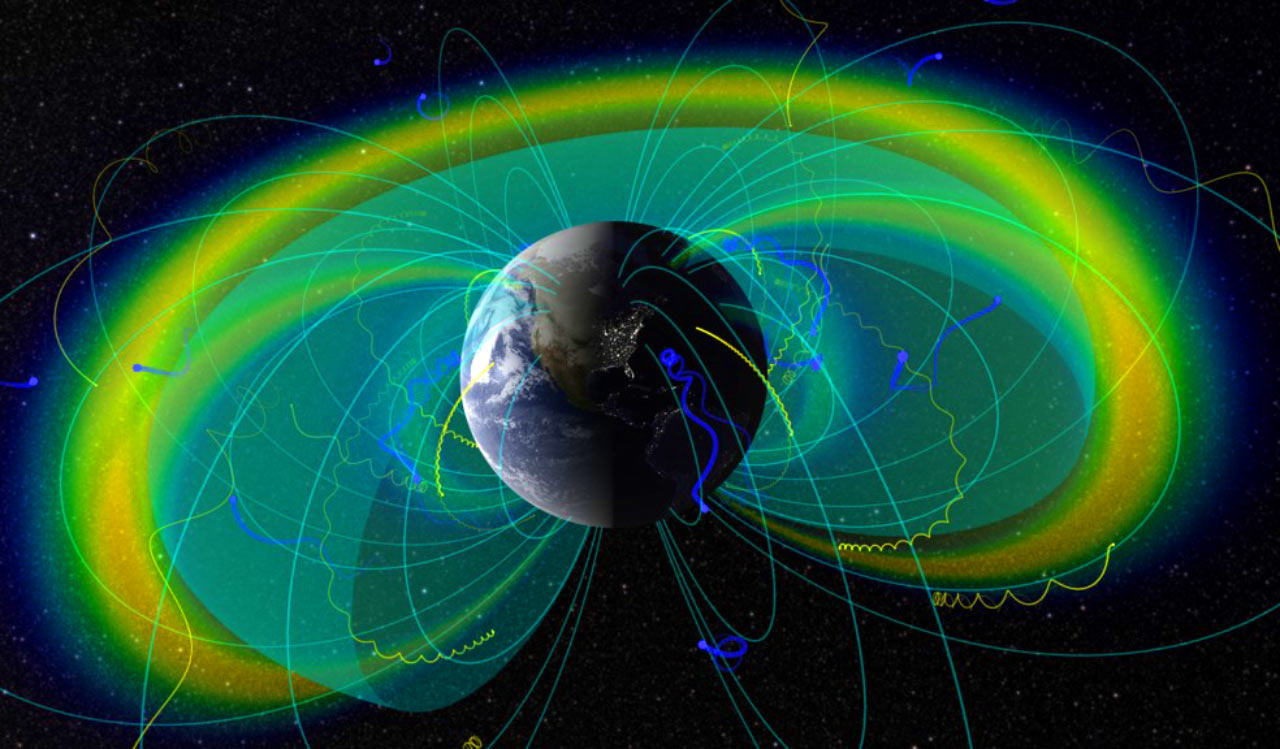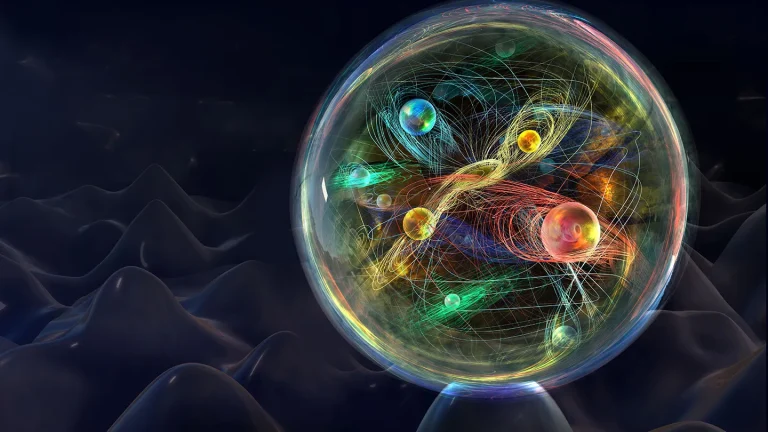
innovuscollege.com – Scientific progress has always been fueled by curiosity, but some discoveries have gone beyond imagination, reshaping entire fields of knowledge. Throughout history, unexpected breakthroughs have challenged established theories, leading to revolutionary advancements that continue to impact our world today.
One of the most astonishing discoveries was penicillin by Alexander Fleming in 1928. This accidental finding of mold killing bacteria led to the development of antibiotics, transforming modern medicine and saving millions of lives. Another unexpected breakthrough came in 1895 when Wilhelm Roentgen discovered X-rays, revolutionizing medical diagnostics and paving the way for non-invasive imaging.
In physics, quantum mechanics defied classical Newtonian physics. The realization that particles can exist in multiple states simultaneously, as described by Schrödinger’s equation, challenged our fundamental understanding of reality. Similarly, Einstein’s theory of relativity redefined space and time, demonstrating that gravity could bend light and alter time perception.
More recently, the discovery of CRISPR gene editing has opened new possibilities in genetic engineering, offering potential cures for inherited diseases and transforming biotechnology. In astronomy, the detection of gravitational waves in 2015 confirmed Einstein’s century-old predictions, providing insights into cosmic events like black hole mergers.
These discoveries, though often accidental, underscore the importance of scientific curiosity and perseverance. They remind us that the universe still holds unforeseen mysteries, waiting to challenge and expand the boundaries of human knowledge






